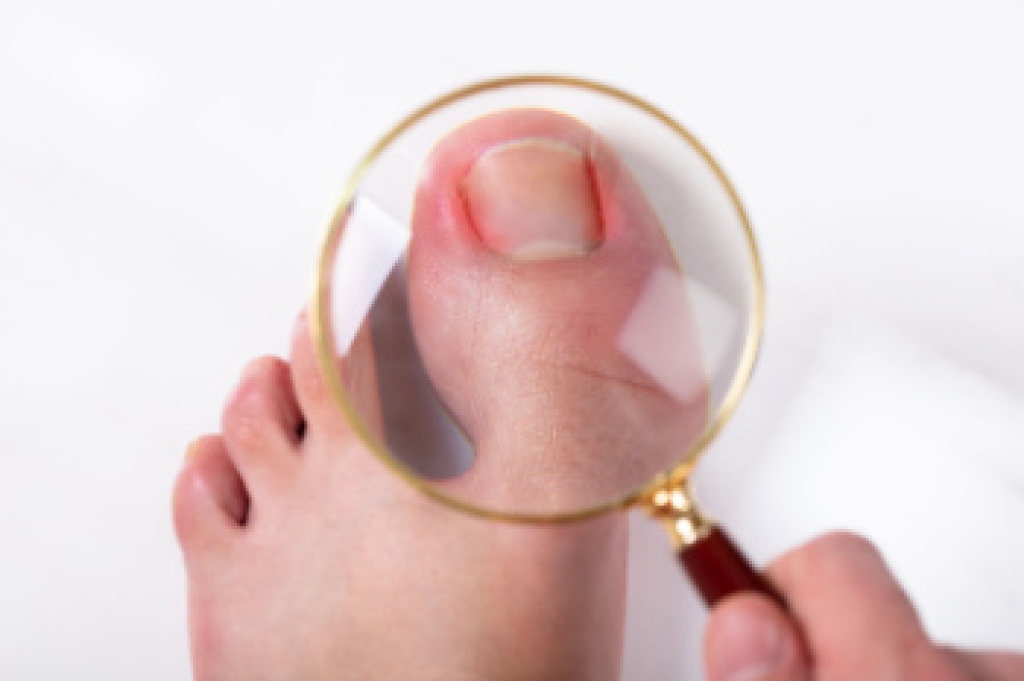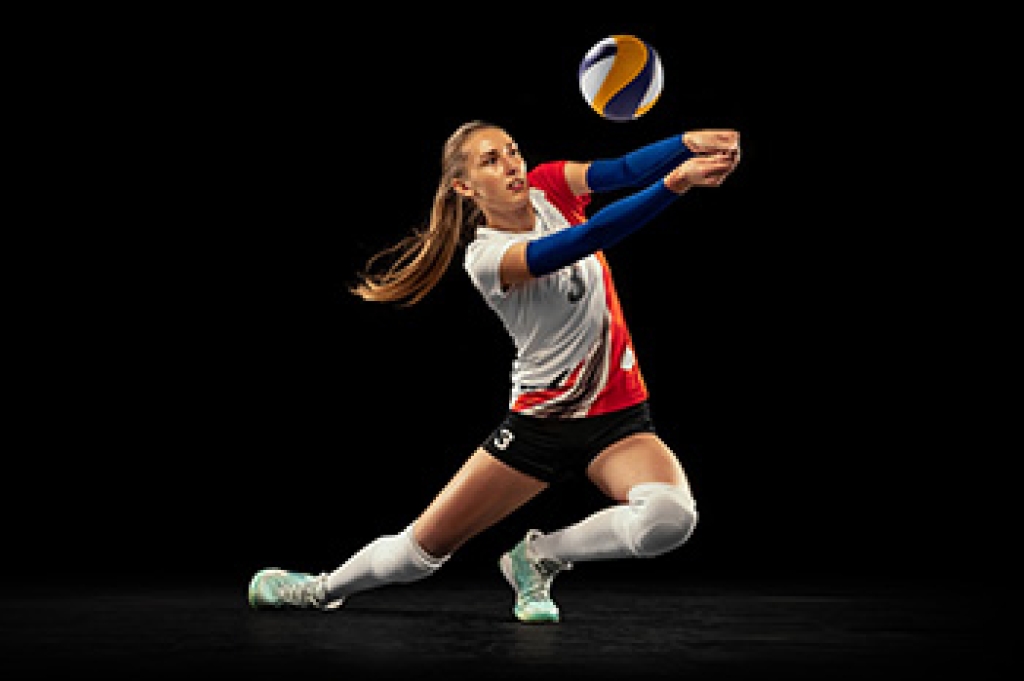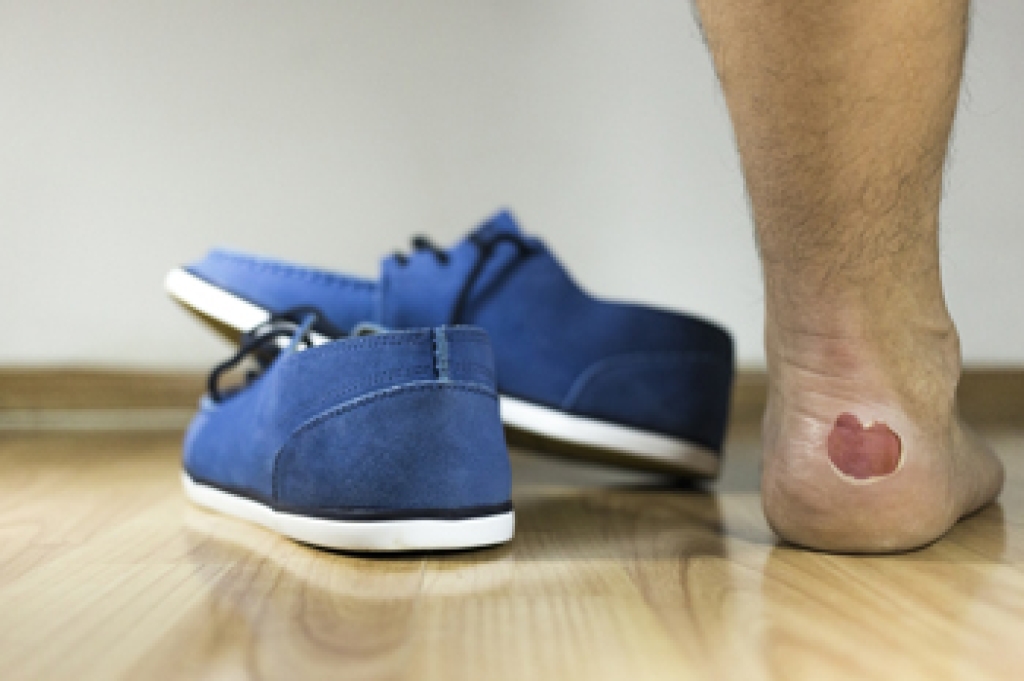
An ingrown toenail, medically known as onychocryptosis, occurs when the edge of the nail grows into the surrounding skin, causing irritation and inflammation. This condition often affects the big toe and can become painful if left untreated. Symptoms include redness, swelling, tenderness, warmth, and sometimes infection with drainage. Common causes include improper nail trimming, wearing tight footwear, injury, and genetic nail shape. Risk factors include poor foot hygiene, excessive sweating, and activities that place repeated pressure on the toes. A podiatrist can safely remove the ingrown portion, treat infection, and provide guidance to prevent recurrence. If you have symptoms of an ingrown toenail, it is suggested that you consult a podiatrist who can effectively treat this condition, which may include minor surgery.
Ingrown toenails can become painful if they are not treated properly. For more information about ingrown toenails, contact one of our podiatrists of Mercer Ocean Podiatry. Our doctor can provide the care you need to keep you pain-free and on your feet.
Ingrown Toenails
Ingrown toenails occur when a toenail grows sideways into the bed of the nail, causing pain, swelling, and possibly infection.
Causes
- Bacterial infections
- Improper nail cutting such as cutting it too short or not straight across
- Trauma to the toe, such as stubbing, which causes the nail to grow back irregularly
- Ill-fitting shoes that bunch the toes too close together
- Genetic predisposition
Prevention
Wearing proper fitting shoes and using proper cutting techniques will also help decrease your risk of developing ingrown toenails.
Treatment
Ingrown toenails are a very treatable foot condition. In minor cases, soaking the affected area in salt or antibacterial soaps will not only help with the ingrown nail itself, but also help prevent any infections from occurring. In more severe cases, surgery is an option. In either case, speaking to your podiatrist about this condition will help you get a better understanding of specific treatment options that are right for you.
If you have any questions, please feel free to contact our office located in Toms River, NJ . We offer the newest diagnostic and treatment technologies for all your foot care needs.




